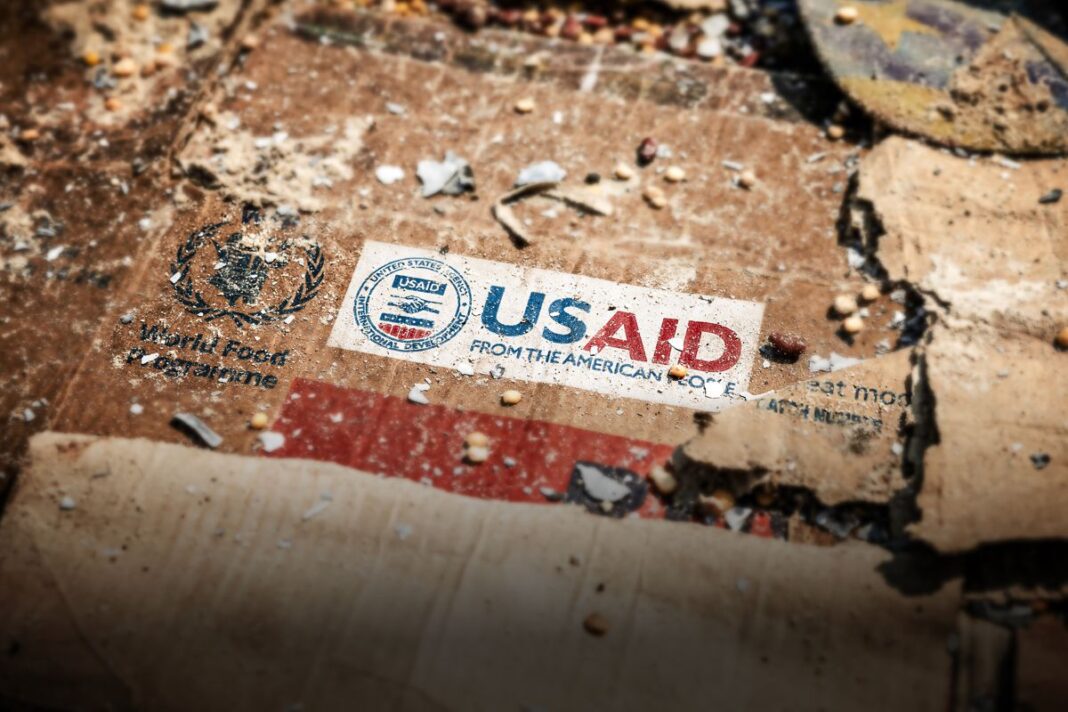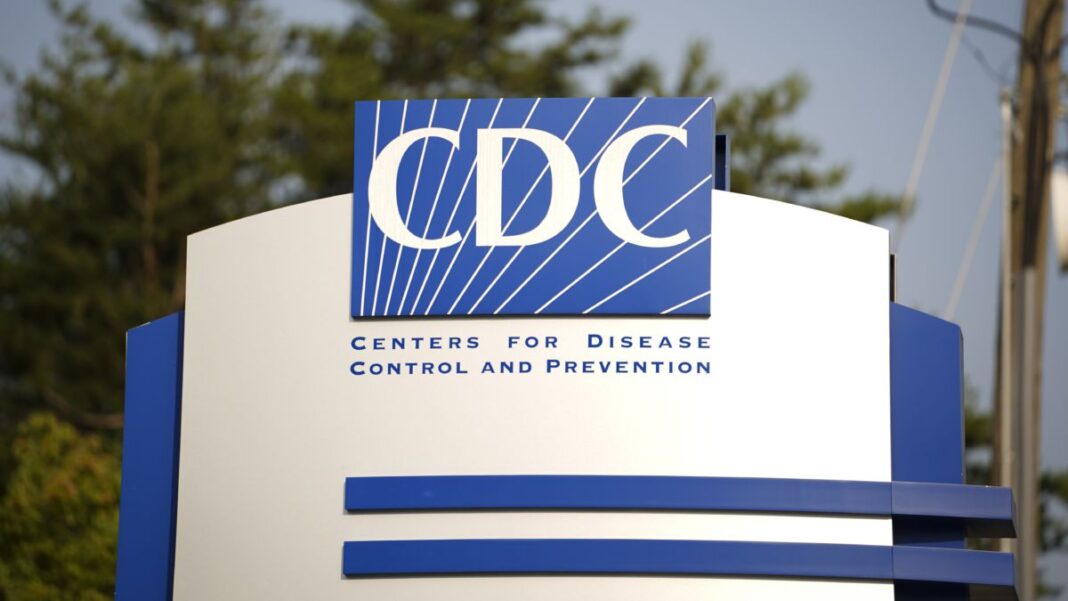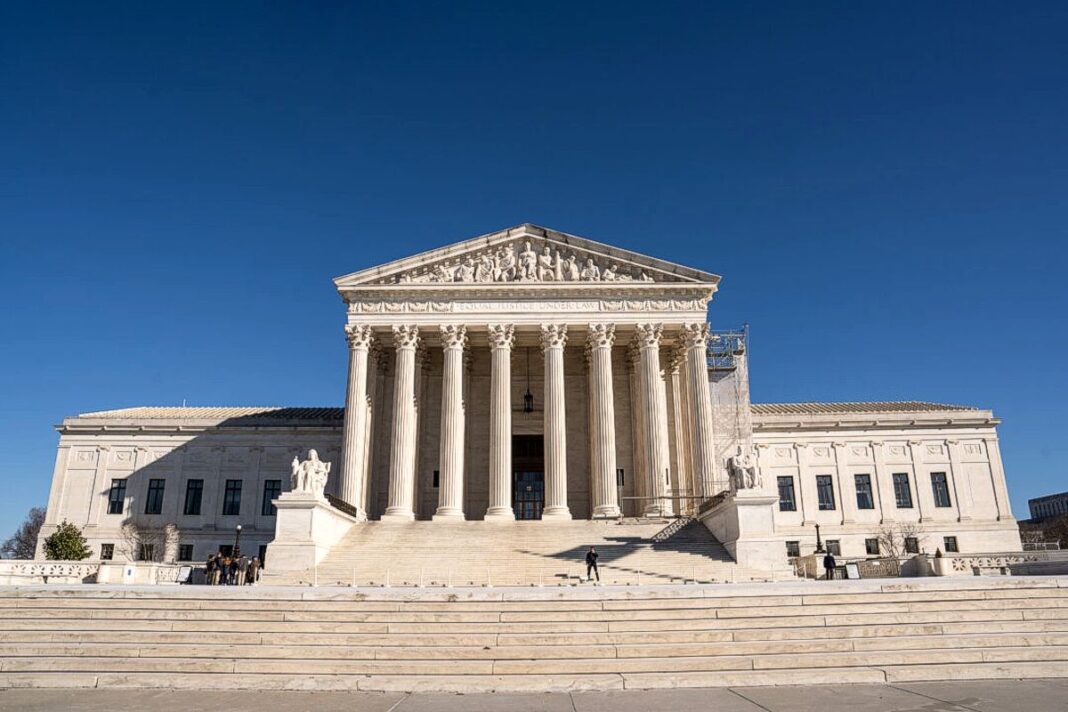U.S. funding was fighting disease and poverty, but many experts argue that resource-rich countries should carry their own burden.
JOHANNESBURG—African countries reacted with shock when the U.S. government recently cut $13 billion in financial assistance.
But analysts said the move could spur those countries toward better governance, and even critics said it shines a spotlight on the most corrupt nations on the planet.
In fiscal year 2024, the U.S. government gave almost $13 billion in taxpayer funds to aid countries in Africa, which is rated the world’s most corrupt region by watchdog Transparency International.
Most of the money was administered by the U.S. Agency for International Development (USAID), which has since had most of its programs paused and been folded into the State Department.
The money was largely directed to programs to feed people in famine-affected areas and to treat and prevent infectious diseases such as HIV, malaria, and tuberculosis.
The United Nations has suggested that millions of lives are at stake because of the withdrawal of U.S. aid.
It says nearly 16 million Ethiopians relied on grain donated by the United States in 2024, as the East African country was hammered by drought and a civil war.
In South Africa, money from USAID was paying the salaries of staff from hundreds of nonprofits that were working on the largest antiretroviral rollout program in the world, giving medicine to almost 6 million people infected with HIV.
“The program is not even running at half capacity at the moment,“ Foster Mohale, spokesperson for South Africa’s National Department of Health, told The Epoch Times. ”Millions aren’t getting the pills they need to stay healthy because the organizations who were working with us are now closed.”
Stories like these abound across Africa.
But Chris Maroleng, of the nonprofit Good Governance Africa, told The Epoch Times that President Donald Trump’s decision to pause funding “shines a bright spotlight on the corruption and selfishness of many African regimes.”
“We must all put pressure on our leaders to govern cleanly and to share the wealth of our continent with their people—not by doling out money, but by providing basic services,” he said. “In the grand scheme of things, that’s not much to ask for.”
Maroleng said it is Trump’s right to halt financial assistance to Africa, but that many business, political, and civil society leaders he has spoken with “are disappointed, even angry, at the speed with which this was done.”
“It means they have no time in which to readjust budgets and little time to look elsewhere for help,” he said.







